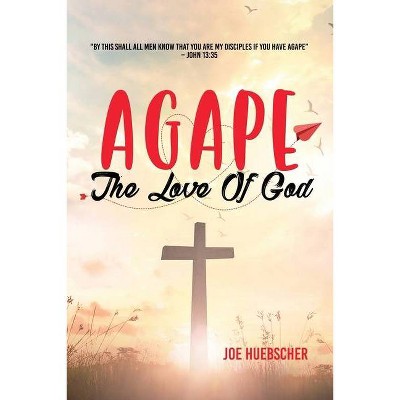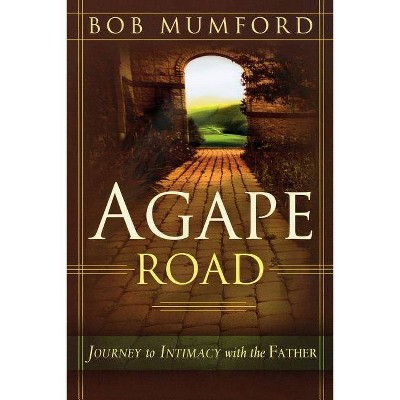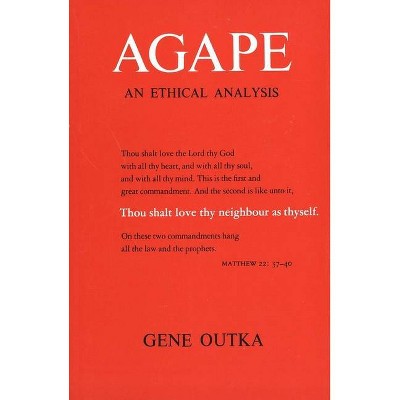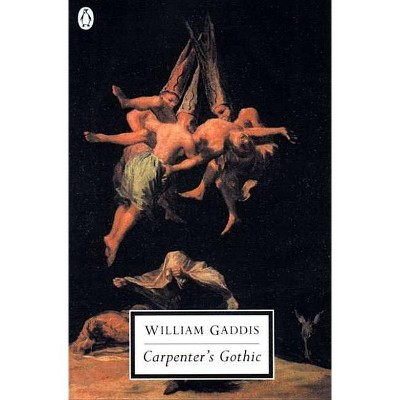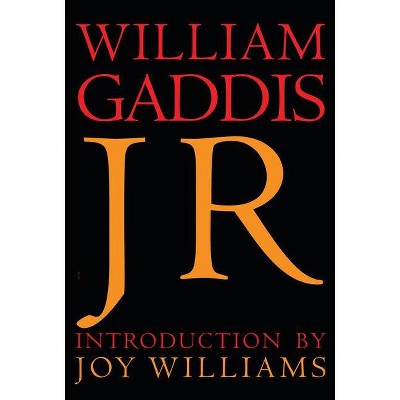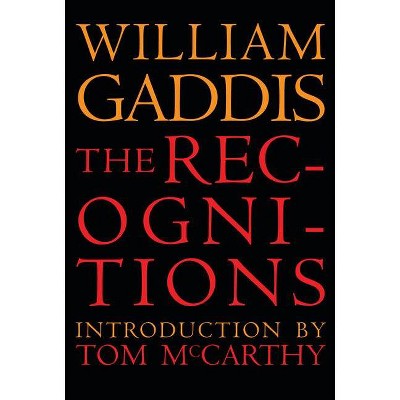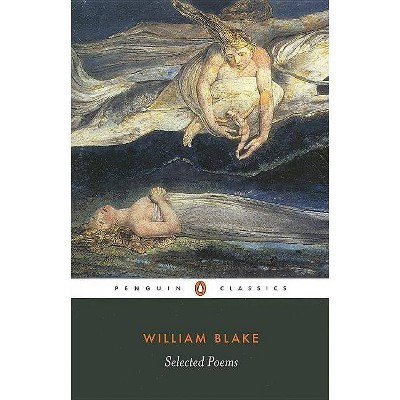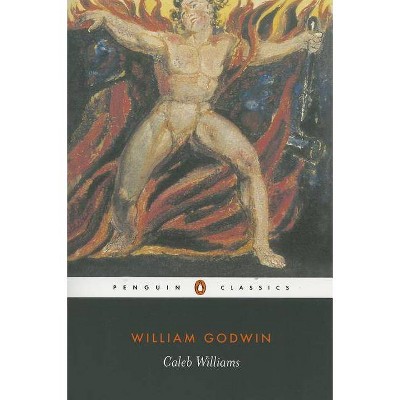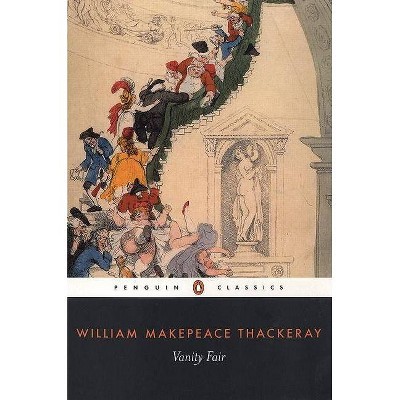Agape Agape - (Penguin Classics) by William Gaddis (Paperback)
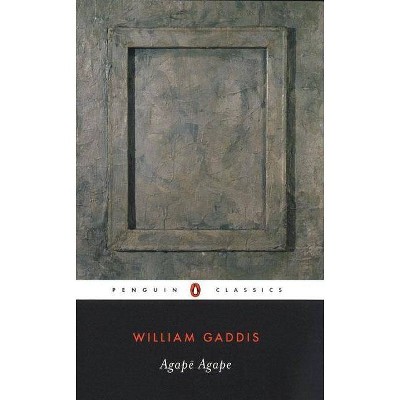
Similar Products
Products of same category from the store
AllProduct info
<p/><br></br><p><b> About the Book </b></p></br></br>Gaddis published four novels during his lifetime, immense and complex books that helped inaugurate a new movement in American letters. Now comes his final work of fiction, a subtle, concentrated culmination of his art and ideas.<p/><br></br><p><b> Book Synopsis </b></p></br></br>William Gaddis published four novels during his lifetime, immense and complex books that helped inaugurate a new movement in American letters. Now comes his final work of fiction, a subtle, concentrated culmination of his art and ideas. For more than fifty years Gaddis collected notes for a book about the mechanization of the arts, told by way of a social history of the player piano in America. In the years before his death in 1998, he distilled the whole mass into a fiction, a dramatic monologue by an elderly man with a terminal illness. Continuing Gaddis's career-long reflection on those aspects of corporate technological culture that are uniquely destructive of the arts, <i>Agape Agape</i> is a stunning achievement from one of the indisputable masters of postwar American fiction.<p/><br></br><p><b> Review Quotes </b></p></br></br><br>An exalted, paranoid outcry, a last wounded proclamation of the idea of the sacred rootedness of true art. (<i>The New York Times Book Review</i>) <p/>Gaddis's final novel is perhaps his most poignant. (<i>Los Angeles Times)<br></i><br><p/><br></br><p><b> About the Author </b></p></br></br>William Gaddis (1922-1998) was a master of the American novel who was frequently compared with Joyce, Nabokov, and Pynchon. Two of his novels, <b>J R</b> and <b>A Frolic of His Own</b>, won the National Book Award. He was a member of the American Academy of Arts and Letters and the recipient of a MacArthur Prize.
Price History
Price Archive shows prices from various stores, lets you see history and find the cheapest. There is no actual sale on the website. For all support, inquiry and suggestion messagescommunication@pricearchive.us
